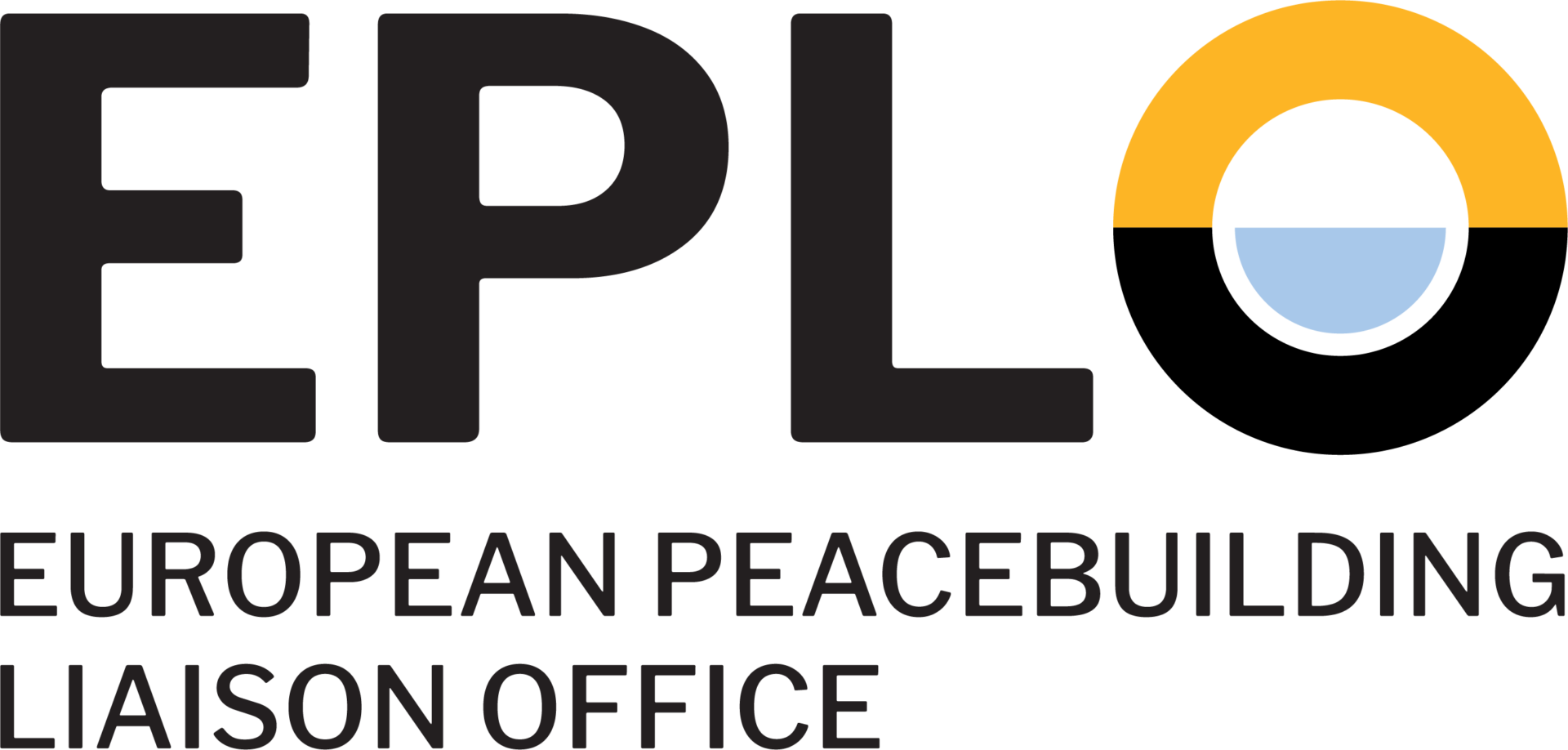As the COVID-19 pandemic spreads across the globe, peacebuilders have been sounding the alarm to raise awareness of the crisis’ potential effects on conflicts and their work. In this piece, EPLO has compiled a list of publications by peacebuilding experts (updated on 24 April 2020).
Peacebuilders have highlighted the significant risk that conflict dynamics may dramatically worsen as a result of a variety of COVID-19-related responses, including repressive and inequitable public health measures on the part of governments, the potential that governments and armed groups use COVID-19 response as a cover for committing human rights abuses, the spread of harmful ‘fake news’ and the weaponising of COVID-19 to increase ‘othering’ rhetoric towards marginalised ethnic groups or communities.
The range of publications also illustrated that conflict-affected countries are in a worse position to respond to COVID-19-related pressures on their healthcare systems and their economies as a result of war and instability. International actors such as aid organisations, peacekeeping operations, diplomatic support to peace processes and mediation, will likely see a decrease in the effectiveness of their operations as a result of COVID-19 mitigation measures, which in turn may become a contributing factor to worsening conflict dynamics. While the COVID-19 virus itself is indiscriminate, particularly vulnerable women in conflicts and migrants, are likely to be disproportionately negatively affected by the crisis, its knock-on effects (i.e. economic downturn, lack of resources in healthcare facilities), and any harmful government responses.
In light of these potential deteriorations in conflict dynamics, peacebuilding practitioners have highlighted that governments should be careful to adopt conflict-sensitive, human security-driven and gender-sensitive responses to the COVID-19 crisis.
In addition, a lack of trust in governments and international actors is likely to undermine the effectiveness of public health directives, especially where security forces engaged in COVID-19 crisis management are mono-ethnic and/or have a history of committing human rights abuses, or where funds for coronavirus response are diverted towards corrupt networks. Peacebuilders are uniquely equipped to participate in the dissemination of public health messages as a result of the importance of building trust and relationships with respected community leaders in peacebuilding activities.
While the COVID-19 pandemic is likely to exacerbate conflict dynamics and undermine peacebuilding efforts, it may also offer opportunities for ‘positive peace’: the United Nations (UN) Secretary-General in calling for a global ceasefire in light of the humanitarian challenges posed by the current crisis.
